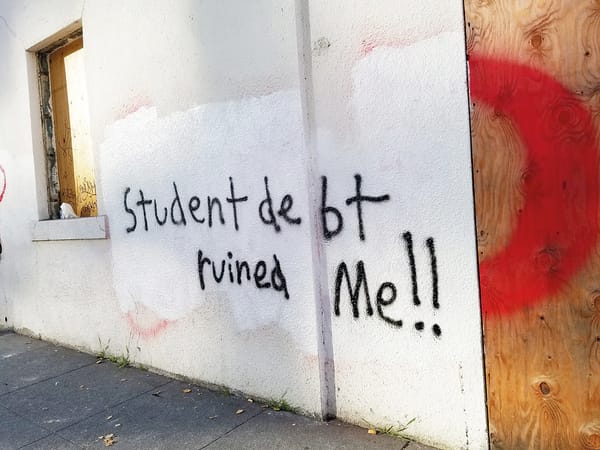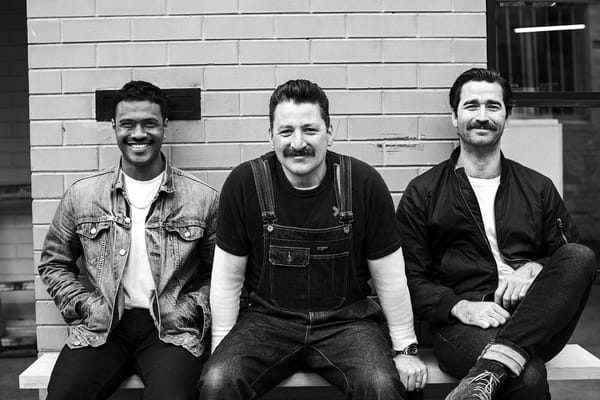Library to pilot Study Break Card scheme
A promising answer to historical student feedback on lack of space in the Central Library

The Central Library is piloting a Study Break Card scheme for two weeks beginning Monday 3rd December.
The scheme is a direct response to the feedback from library users, via mediums such as the National Student Survey, Student Experience Survey and Library surveys, which prompted Library Services to investigate ways to allow users fairer access to study space.
One of the recurring themes in feedback received relating to the library is how difficult it can be at busy times of the year for users to find a place to study. Based on the feedback, one key cause of this issue is that some library users leave their belongings to ‘reserve’ a space – sometimes for hours at a time. This causes dissatisfaction among those trying to find a study space, and is not an effective or fair use of the limited space available in the library.
A Study Break Card scheme was chosen as a solution by looking to similar schemes successfully implemented at other university libraries.
Introducing study break cards during the busiest periods – close to exam and assessment dates – will lead to more library users being able to find a space when they need to study, leading to a more effective use of the space available.
The scheme also encourages users to take regular breaks from studying which is positive for wellbeing and will hopefully lead to healthier studying habits. The scheme allows users to take breaks of up to 30 minutes without forfeiting the study space they are using by simply filling out a card and leaving it on the desk they are using. Users wishing to leave for over 30 minutes, for example to attend classes, will be expected to clear the space they have been using and take their belongings with them.
The scheme will expect users to carefully, and respectfully, move belongings aside and use the study space if it has been left unattended for over 30 minutes. The success of the scheme hinges on whether or not library users respect the cards and each other’s belongings, and library staff will be monitoring for any abuse of the scheme during the pilot.
Feedback on the scheme is essential to make sure that it meets the needs of Library users – so please provide feedback to the library using ASK the Library https://imperial.service-now.com/ask or by emailing library@imperial.ac.uk. There are also paper feedback forms available and friendly staff to chat to at the Information Hub on level 1 of the Library. Cards will be available from card dispensers on all levels of the Central Library and at the Information Hub. Of course, please remember to never leave any valuables unattended at any time in the library.
More information on the Study Break Card scheme is available here: http://www.imperial.ac.uk/admin-services/library/use-the-library/our-libraries/central-library/study-break-cards/








